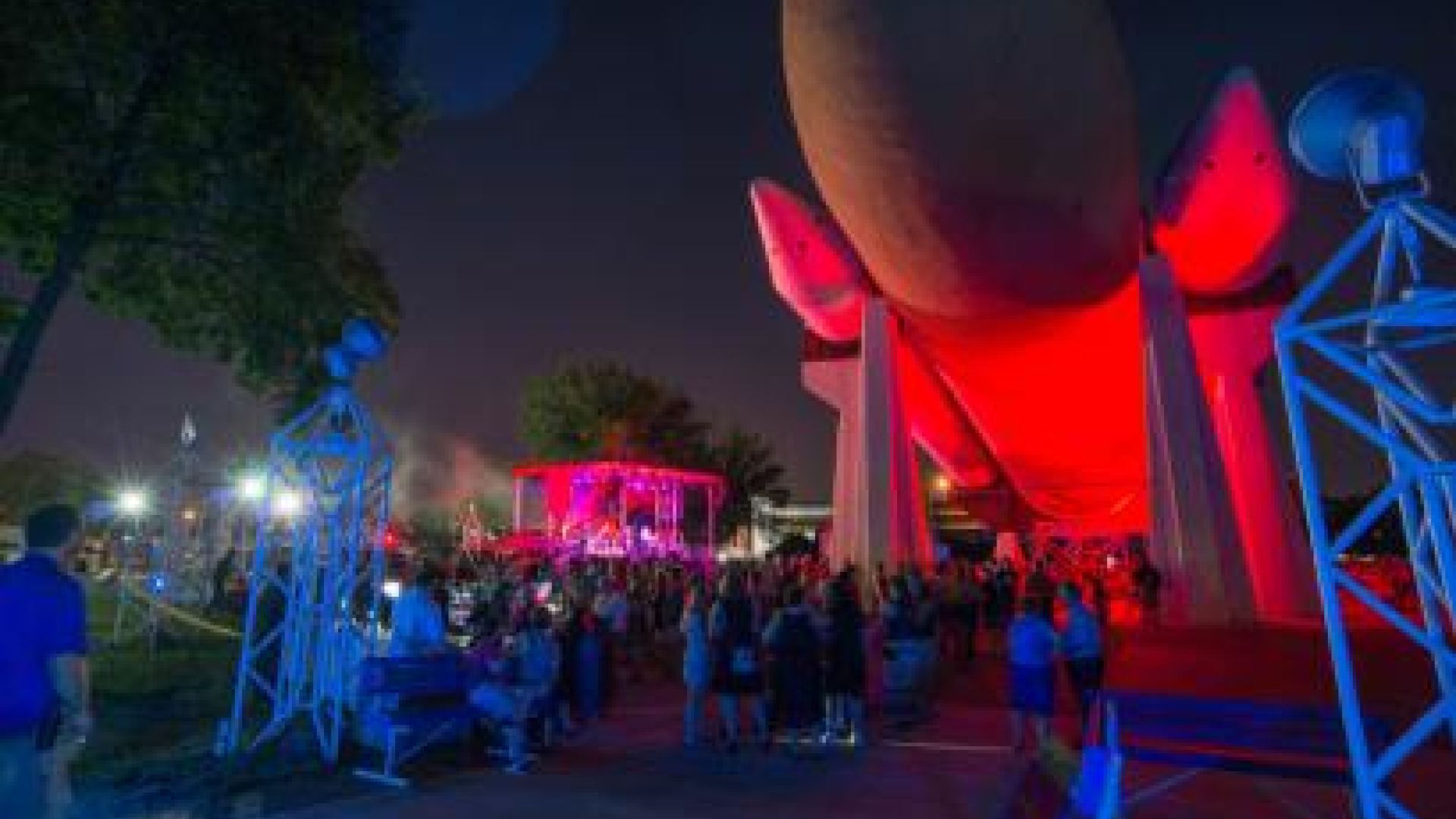Space Camp Alumni Look to the Future
As the celebration of the 50th Anniversary of the Apollo Moon Landing winds down, Space Camp Alumni turn to look ahead at the future of Space Camp and the U.S. Space & Rocket Center, home of Space Camp, as well as the programs offered for future Space Camp participants.
Just as rapidly as technology has changed over the past 50th years, the next 50 years are anticipated to be years of great achievements and incredible advancements. America is headed to send the first woman to the moon by 2024, along with returning man to the moon with the new Artemis program, and then sets its sights on Mars and beyond. Artemis will have fundamental propulsion components built right in Huntsville at Marshall Space Flight Center. This will solidify Huntsville’s stake in the space race and its namesake as the “Rocket City”.
Space Camp alumni work in diverse professional fields, with graduates of the program becoming scientists, engineers, teachers, and explorers of all kinds. As we look to the future, these fields are increasingly important to keep up with the rate of technology and new advancements. The new U.S. Cyber Camp was added to the Space Camp lineup in 2017, bringing a new training option for those interested in cybersecurity work and preparing those campers for this up and coming field.
Undoubtedly, as the digital world expands and the pace of society gets faster and faster, cybersecurity work will become in increasingly high demand. Making it a great addition to the current camp lineup. Governor Kay Ivey pledged $10 million dollars to the institution of a new cyber camp building at Space Camp, allowing the program to expand its offerings for future generations to come.
The legacy that Space Camp Alumni can leave for future enrollees in the Space Camp programs is this, a continued investment in time making sure that the latest technology can be offered at camp, spreading the word about events specially tailored to the over 800,000 Space Camp program alumni, and investing in the next generation with time and resources to keep the program at the cutting edge of STEM education.
Space Camp has become the pinnacle opportunity for STEM education and with the help of Space Camp Alumni, will continue to be for generations beyond our own.
Want to help continue on the legacy of Space Camp for generations to come? Click the GIVE button in the main menu!
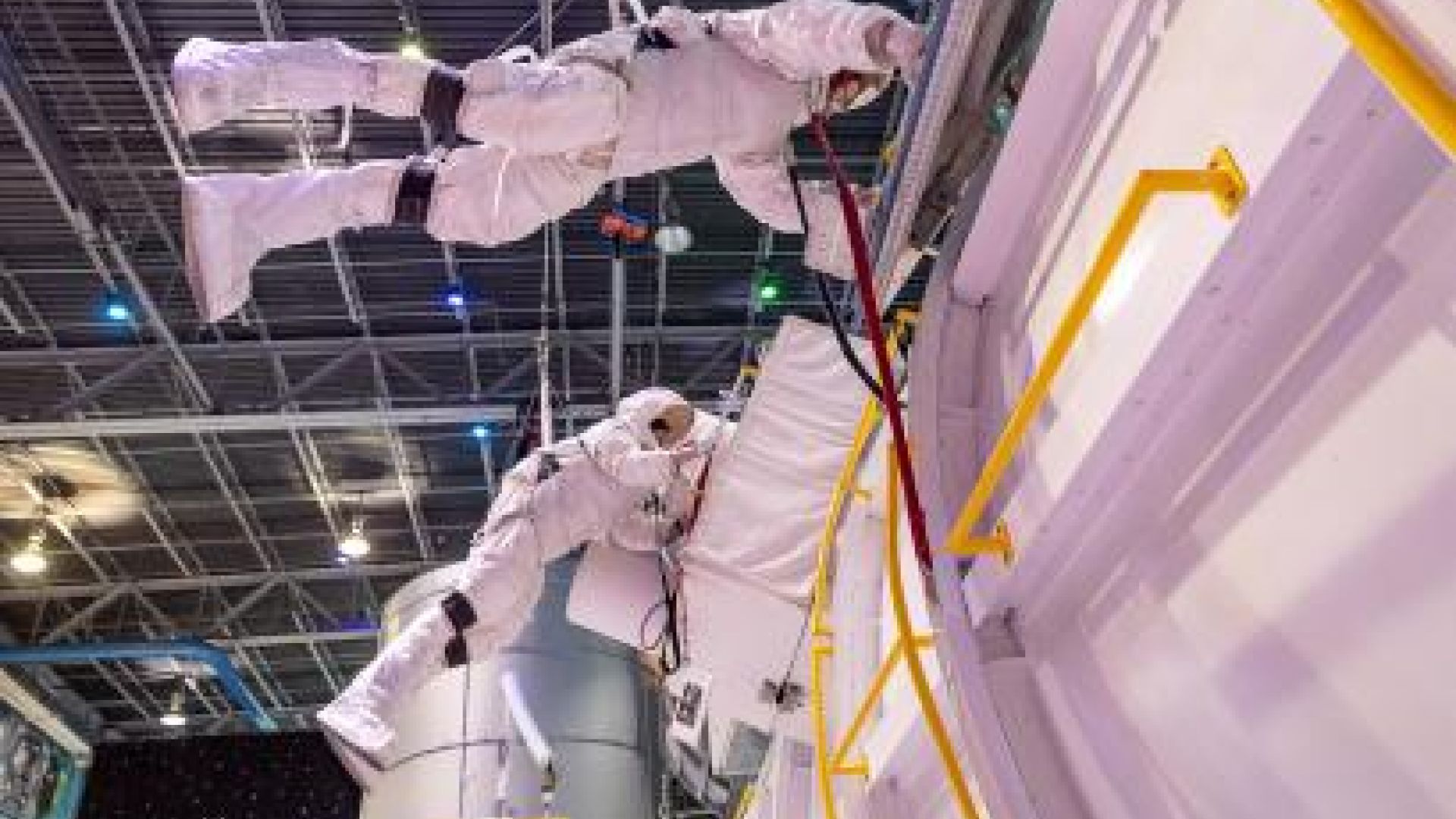
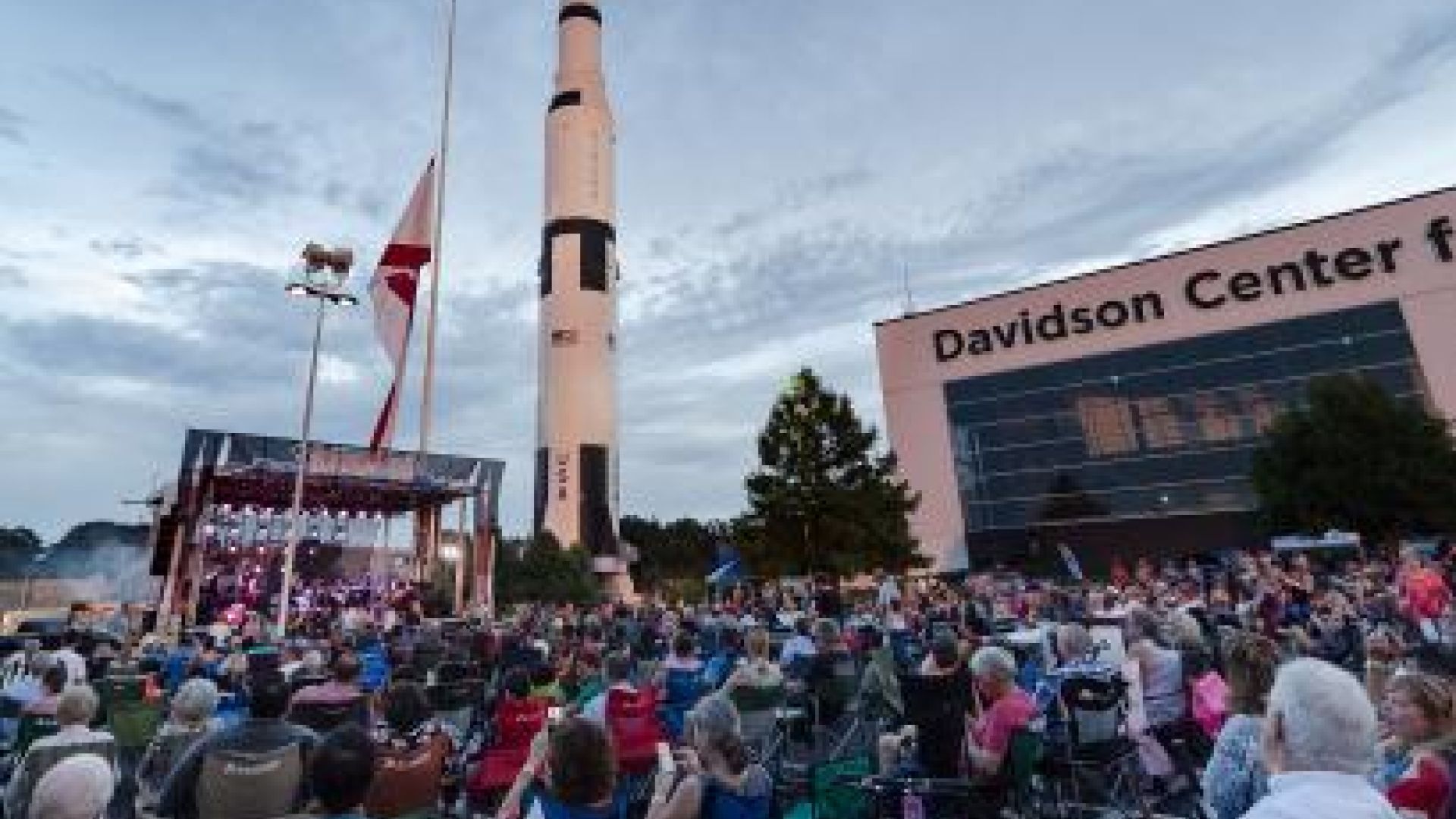
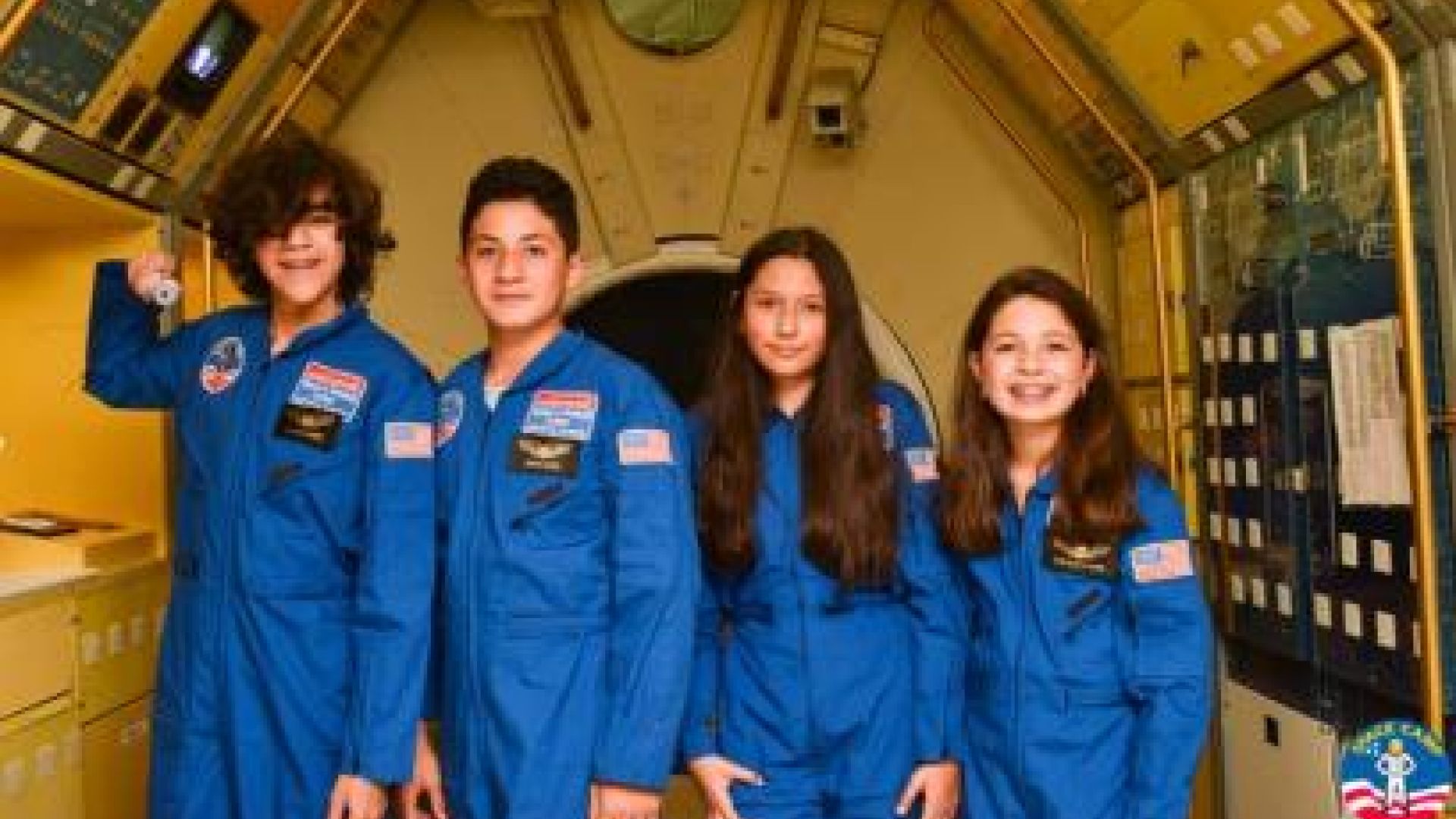
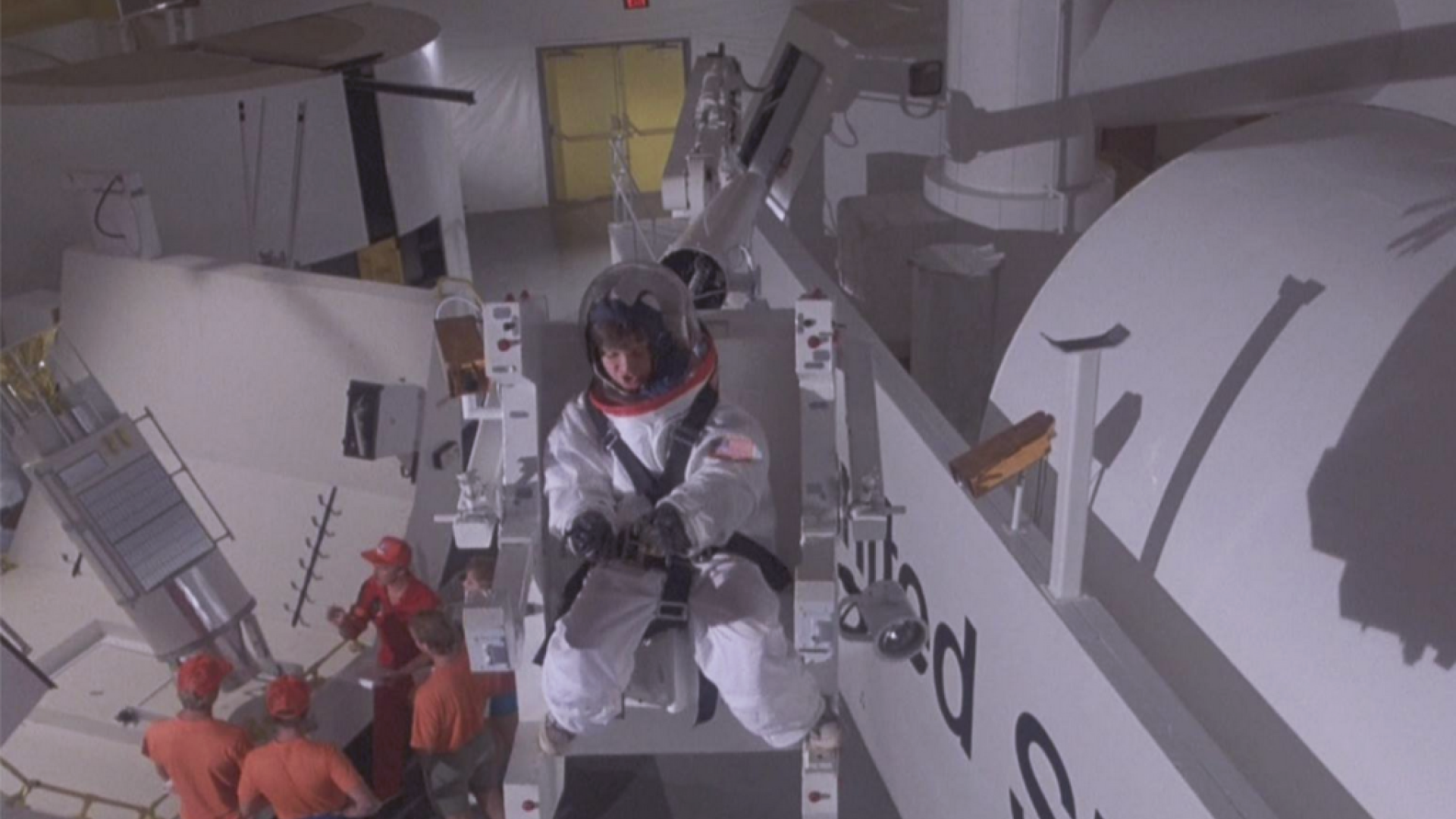
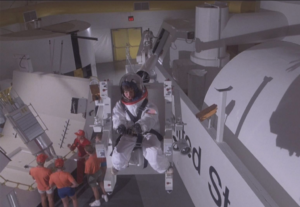
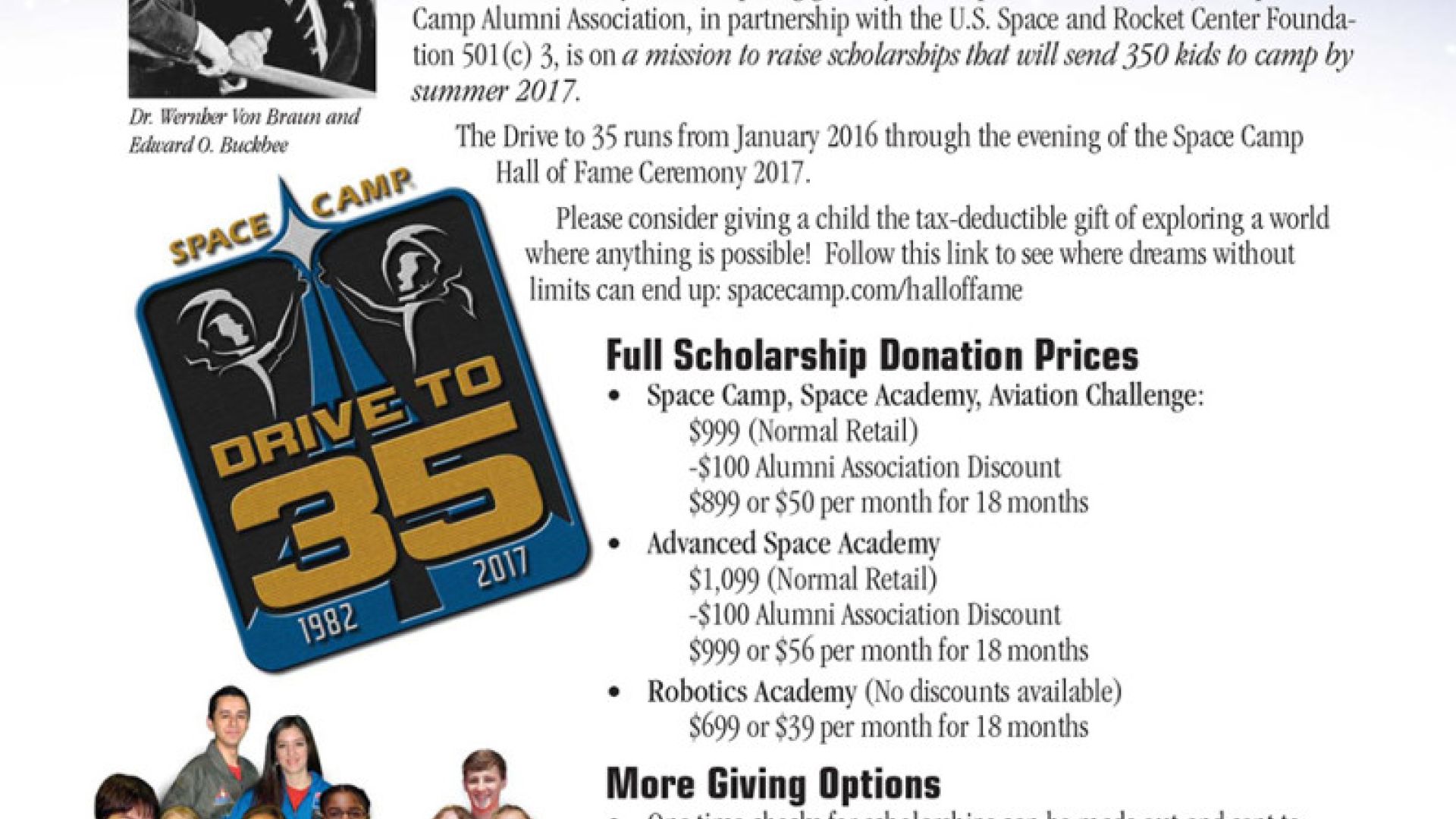
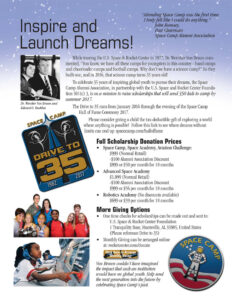
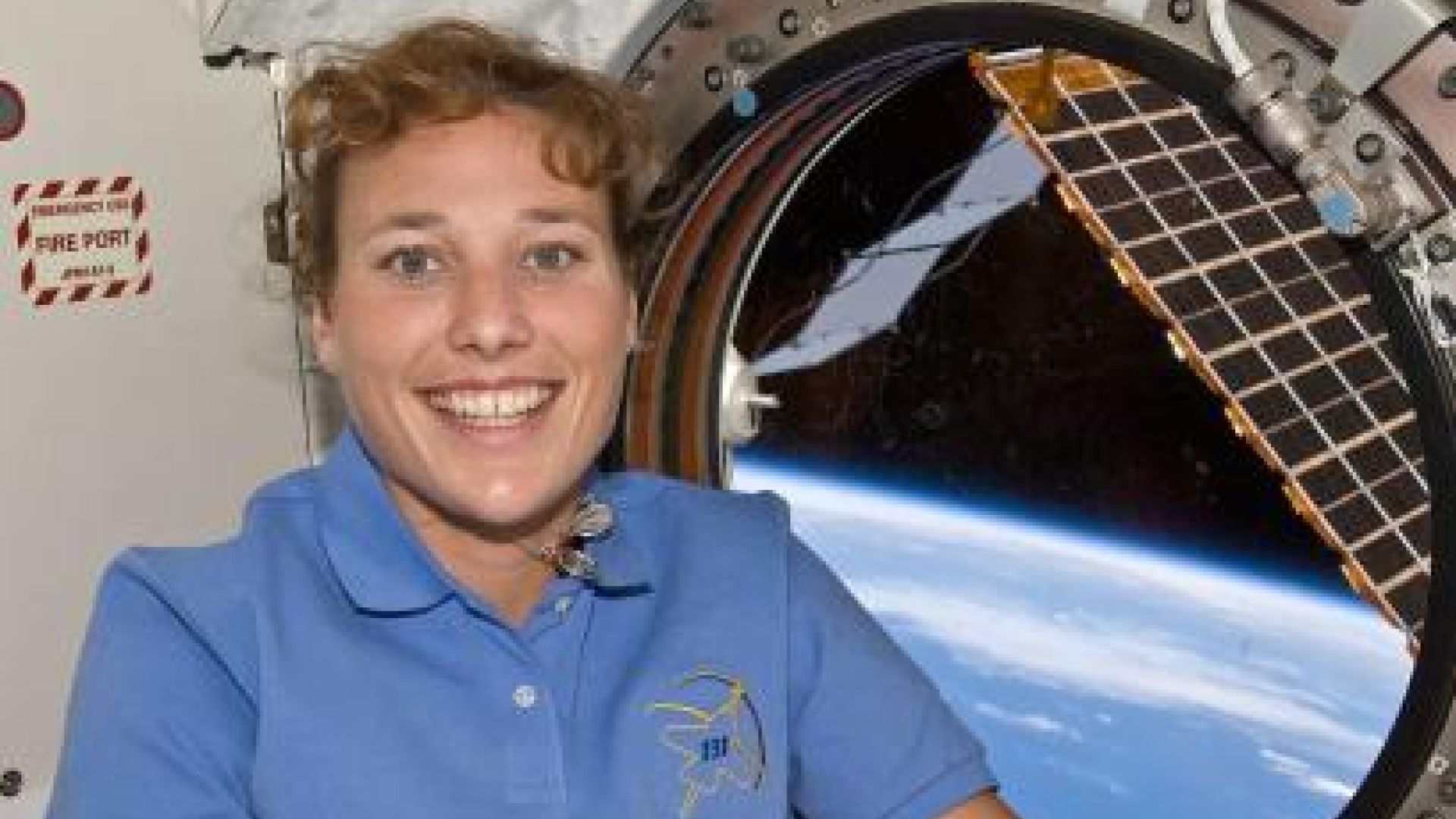




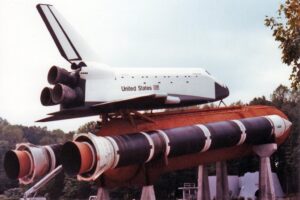
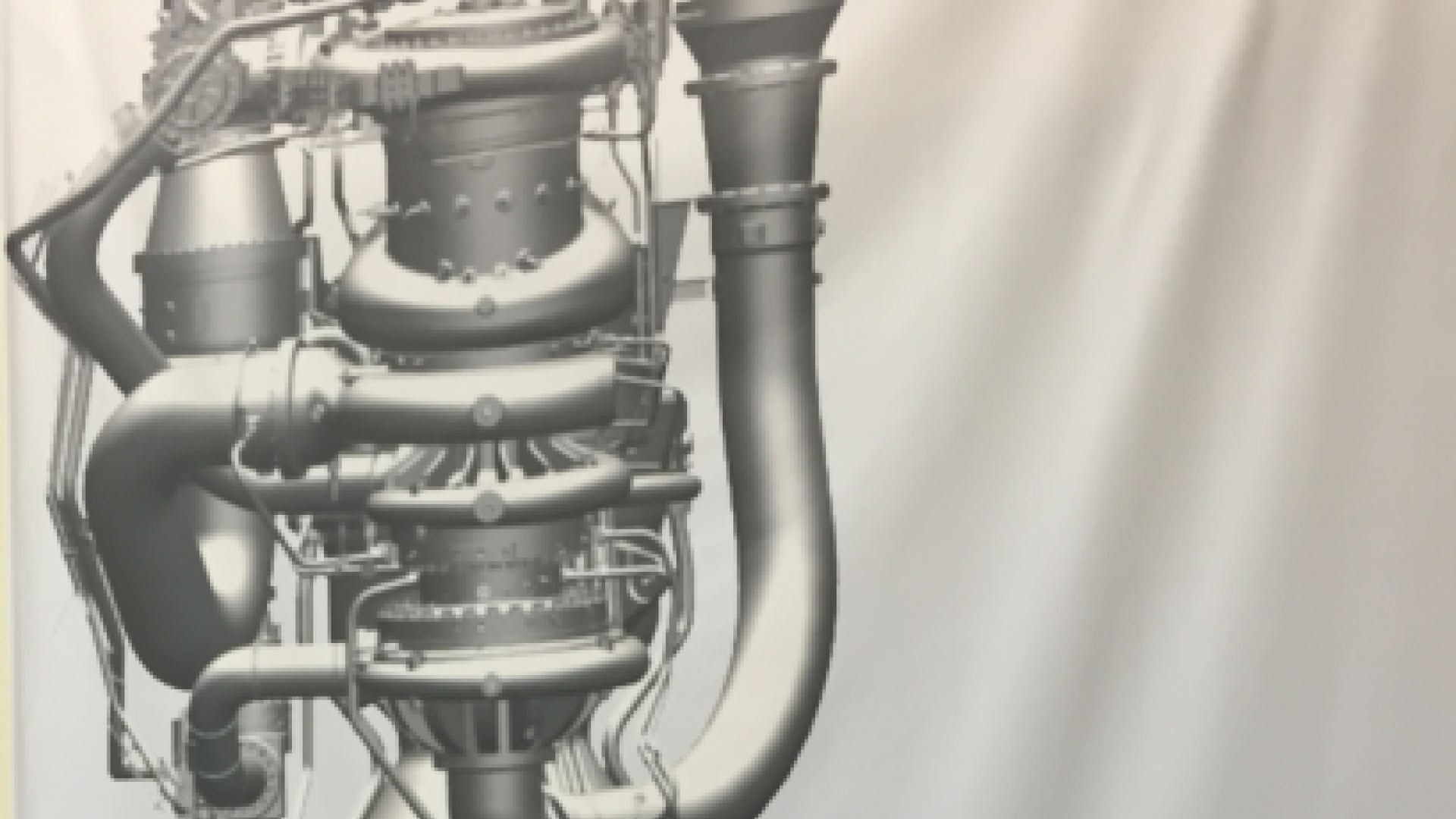

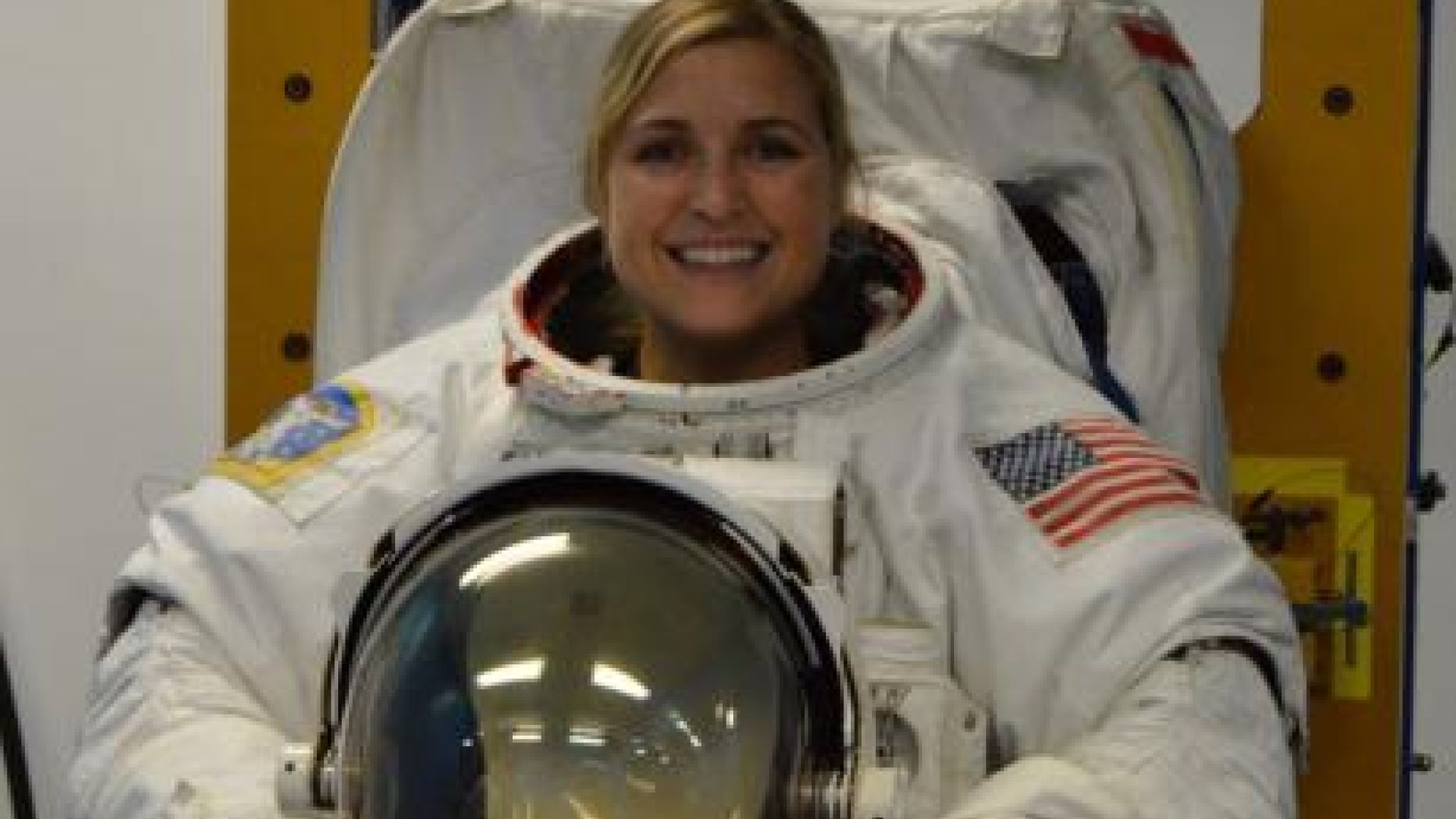

 Dr. Andrea Hanson always knew she wanted to pursue a career in engineering. She grew up in Lake Park, MN and while in high school she won an award that came with a tour of the 3M facility in St. Paul, MN. The tour guide was a chemical engineer and demonstrated to Andrea how the first Post-it Note™ was created and she got to see its sticky adhesive through an electron microscope. She decided then to enroll in the Chemical Engineering program at the University of North Dakota (UND). While a student at UND she took a course in Space Studies which led to her decision to work as a counselor at the U.S. Space and Rocket Center. She spent her first season as an Advanced Space Academy counselor in the summer of 2000. That summer was spent learning, and then teaching campers, about orbital mechanics, space science, rocketry, space shuttle and space station systems, and space physiology. The experience changed her educational and professional trajectory. Andrea said after working at Space Camp, “I fell in love with space, the engineering, the science, and the team work required for successful space missions. I was most interested in how the human body adapts so readily to the microgravity environment and experiences rapid bone and muscle losses even after a couple of weeks in space. It was then that I knew I wanted to spend my career helping to find solutions to these unique health challenges.” After completing her studies at UND, she continued her education at the University of Colorado where she earned a Master’s and Doctorate in Aerospace Engineering, focusing on Bioastronautics and Microgravity Sciences. Today Andrea works at the NASA Johnson Space Center in Houston, Texas where she manages the Exercise, Physiology, & Countermeasures (ExPC) Laboratory and serves as the ISS Exercise Countermeasures Specialist. This team combines their expertise on how the body adapts to microgravity with technology and advanced techniques to optimize human performance in space missions. Her work in the ExPC lab also focuses on a number of research projects focused on finding answers to the remaining identified health risks as we prepare to journey to Mars. In development of future medical devices and exercise hardware, Andrea is also involved with testing these systems in microgravity through parabolic flight aboard NASA’s Weightless Wonder, C-9 Aircraft. She is proud to be working towards preparing for travel beyond the ISS and on to Mars. Andrea continues to be involved with Space Camp, “Today, I am thrilled to be working with the USSRC Alumni Advancement Board (AAB) through the Space Camp Hall of Fame and as the future Co-Chair of the AAB. I credit Space Camp with providing me the inspiration, the initial knowledge base, and confidence to follow my dreams to work in the space industry. I am so impressed with the recent upgrades made to the training center floor, with Orion simulators and new Science on Orbit training facilities, and the vision the USSRC continues to lead as they inspire the next generations of Scientists, Engineers, Artists, Teachers, and Astronauts! I am so thankful to have an opportunity to give back to this amazing organization that set me on the most exciting career path to reach toward the stars.”
Dr. Andrea Hanson always knew she wanted to pursue a career in engineering. She grew up in Lake Park, MN and while in high school she won an award that came with a tour of the 3M facility in St. Paul, MN. The tour guide was a chemical engineer and demonstrated to Andrea how the first Post-it Note™ was created and she got to see its sticky adhesive through an electron microscope. She decided then to enroll in the Chemical Engineering program at the University of North Dakota (UND). While a student at UND she took a course in Space Studies which led to her decision to work as a counselor at the U.S. Space and Rocket Center. She spent her first season as an Advanced Space Academy counselor in the summer of 2000. That summer was spent learning, and then teaching campers, about orbital mechanics, space science, rocketry, space shuttle and space station systems, and space physiology. The experience changed her educational and professional trajectory. Andrea said after working at Space Camp, “I fell in love with space, the engineering, the science, and the team work required for successful space missions. I was most interested in how the human body adapts so readily to the microgravity environment and experiences rapid bone and muscle losses even after a couple of weeks in space. It was then that I knew I wanted to spend my career helping to find solutions to these unique health challenges.” After completing her studies at UND, she continued her education at the University of Colorado where she earned a Master’s and Doctorate in Aerospace Engineering, focusing on Bioastronautics and Microgravity Sciences. Today Andrea works at the NASA Johnson Space Center in Houston, Texas where she manages the Exercise, Physiology, & Countermeasures (ExPC) Laboratory and serves as the ISS Exercise Countermeasures Specialist. This team combines their expertise on how the body adapts to microgravity with technology and advanced techniques to optimize human performance in space missions. Her work in the ExPC lab also focuses on a number of research projects focused on finding answers to the remaining identified health risks as we prepare to journey to Mars. In development of future medical devices and exercise hardware, Andrea is also involved with testing these systems in microgravity through parabolic flight aboard NASA’s Weightless Wonder, C-9 Aircraft. She is proud to be working towards preparing for travel beyond the ISS and on to Mars. Andrea continues to be involved with Space Camp, “Today, I am thrilled to be working with the USSRC Alumni Advancement Board (AAB) through the Space Camp Hall of Fame and as the future Co-Chair of the AAB. I credit Space Camp with providing me the inspiration, the initial knowledge base, and confidence to follow my dreams to work in the space industry. I am so impressed with the recent upgrades made to the training center floor, with Orion simulators and new Science on Orbit training facilities, and the vision the USSRC continues to lead as they inspire the next generations of Scientists, Engineers, Artists, Teachers, and Astronauts! I am so thankful to have an opportunity to give back to this amazing organization that set me on the most exciting career path to reach toward the stars.” 